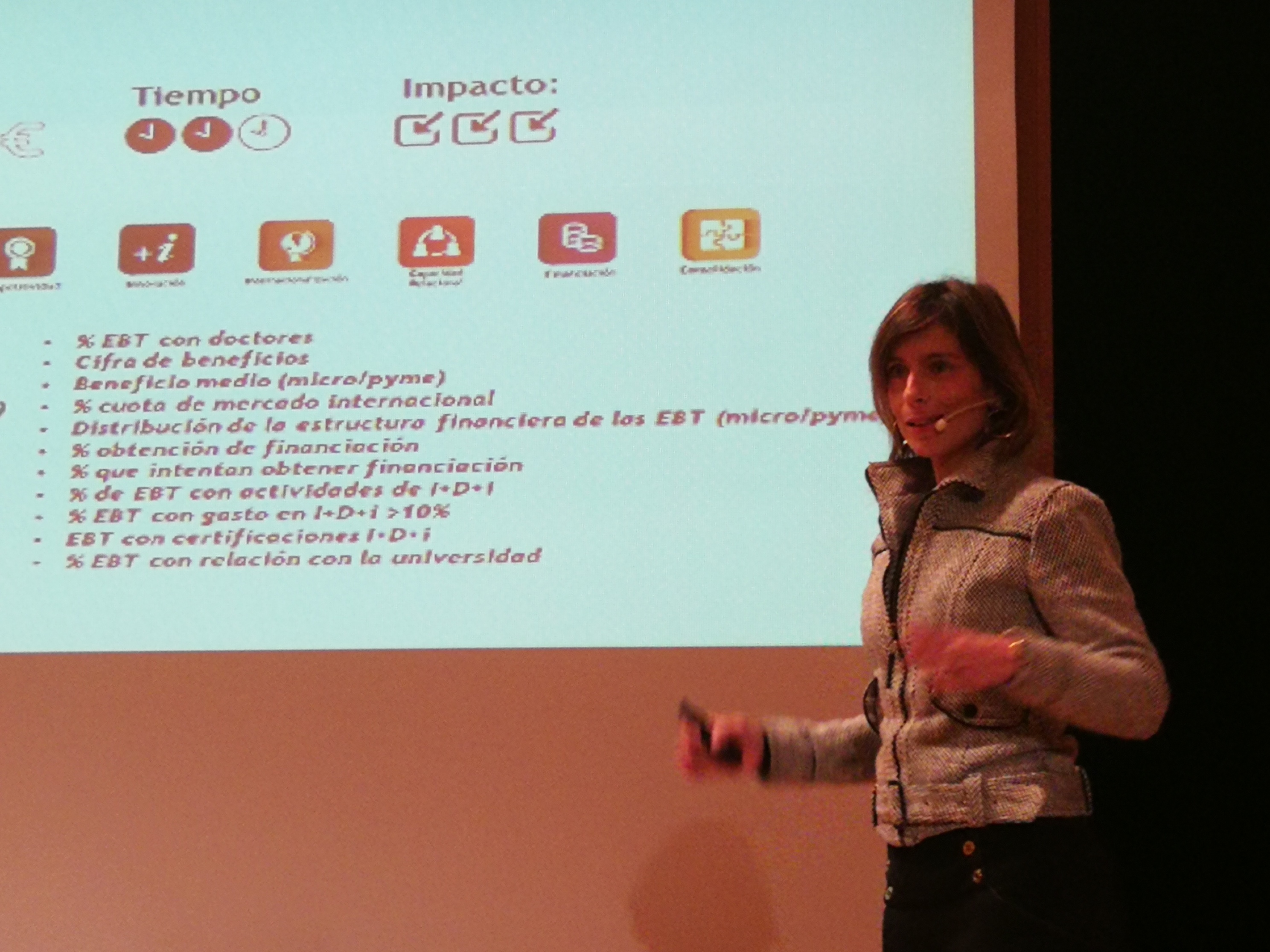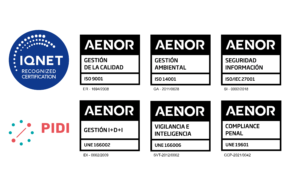Corporación Tecnológica de Andalucía (CTA) today presented a pioneering report commissioned by the City Council of Seville, which includes a diagnosis and an action plan for the city’s EBTs. The report was presented by CTA’s Technical Director and Business Development Consultant, Fabian Varas y Maria Garciaduring a technical seminar organized at the CREA Building for technology-based companies organized by the Seville City Council’s Economic Delegation and the public-private partnership Sevilla Futura.
The general director of Economy and Commerce, Esperanza Caro, stated that, based on the diagnosis and the proposals of the report, the City Council will discuss with the sector how to promote it in order to gain dimension.
The report prepared by CTA has identified 172 Technology-Based Companies (EBT) in the city of Seville, with an average profile of a small company with a turnover of 2.85 million euros, a staff of 24 workers and a profit of 167,000 euros.
International vocation and high R&D&I intensity

According to the report, the Sevillian EBT is a company with a great capacity for growth in business volumeThe company’s production capacity is higher than the evolution of the country’s economy and even in periods of crisis (they represent 0.85% of the city’s productive fabric and, nevertheless, contribute more than 2.6% of local GDP). It also stands out for its great capacity to generate profits and for its high financial profitability.
In addition, the Sevillian TBE has a vocation for internationalization, but exports still only account for 20% of its sales, mainly to Europe, and it still depends heavily on the local and regional market. It is a very intensive in qualified human capital (more than 52% of Sevillian TBEs have more than 75% of university graduates on their staffs and 32% of them have PhDs among their employees) and also intensive in research and development activities. technological innovationAlthough it does not certify it, it maintains a close relationship with the University and technological centers. It has difficulties in accessing external financing (especially from private sources) and is therefore obliged to finance its growth with its own funds.
The report indicates that the Sevillian TBE presents high R&D intensityThe company’s business model, which serves as a stimulus and driving force for innovation and competitiveness in the rest of the productive fabric, as the 92% of the EBTs in Seville carry out R&D&i activities and the 68% of them have allocated more than 10% of their R&D expenditure in the last 3 years.




